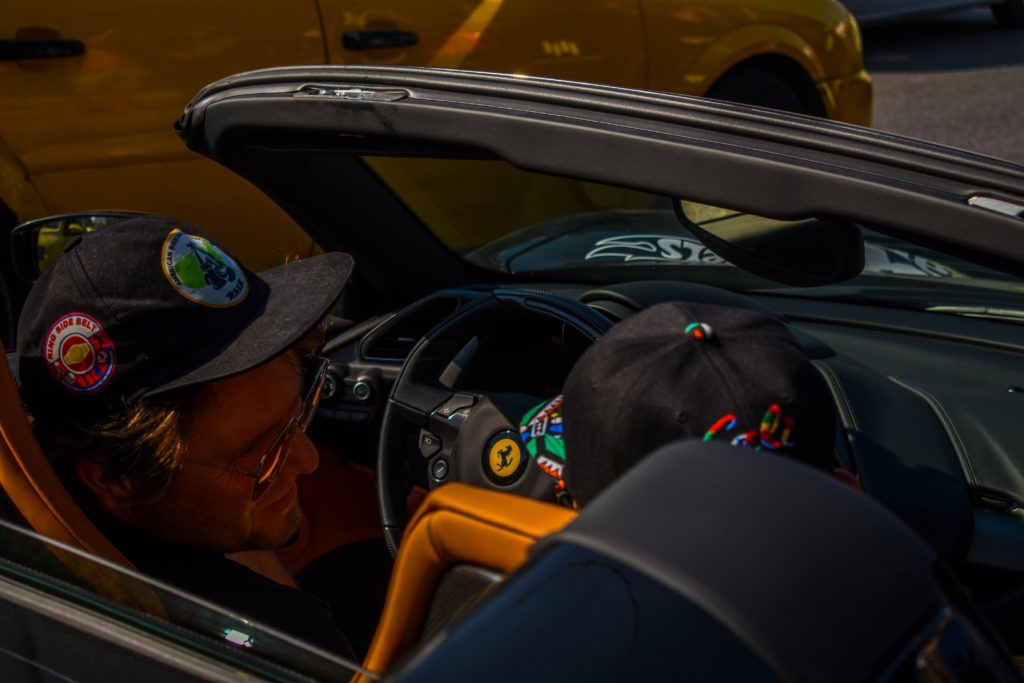Hooning Laws QLD
Hooning is not just dangerous driving, it is something that causes a disturbance to individuals that reside in the neighbourhood. Queensland has some of the toughest anti-hooning laws in Australia, making it easier for the police to permanently confiscate vehicles caught being reckless.
What is hooning?
Hooning is a term used to describe dangerous, reckless and anti-social driving behaviour on the road. The driving offence must also disturb the neighbourhood.
It may involve irrational driver behaviour such as:
- excessive speeding;
- street racing;
- burnouts;
- engine revving, screeching brakes and skidding;
- playing loud music from a car stereo;
- creating unnecessary noise or smoke;
- carrying more passengers than there are seat belts in the vehicle;
- driving recklessly, carelessly or dangerously; and
- driving a non-compliant modified vehicle.
There are two types of hooning offences someone can be charged for in Queensland; one offence being more dangerous than the other, and subsequently carrying more severe penalties. The two categories are of hooning offences are:
Type one offence:
When a vehicle is dangerously driving, interfering with a motor vehicle, reckless or careless driving, drag racing, willfully driving in a way that creates unnecessary noise or smoke and evading police.
Type two offence:
When a vehicle related offence include driving in an unregistered or uninsured vehicle, driving without a licence or whilst under suspension, driving under the influence of alcohol or drugs, failing to complete, or refusing to complete a breath or saliva test and speeding at more than 40 kilometres over the speed limit.

What are the penalties for hooning?
Penalties can vary for different hooning offences. The penalties are some of the toughest in Australia, and can range from a fine to loss of licence or imprisonment for up to 6 months.
In addition to this, type one hooning offences can see the motor vehicle being impounded for up to 90 days under Queensland’s strict anti-hooning laws. Type two offences will not carry the same confiscation penalty; however, a licence confiscation period may be enacted for repeat offending. This means that if a second offence type two offence is committed, the vehicle will be impounded or immobilised for 7 days, and the third offence sees the vehicle impounded or immobilised for 90 days.
If a driver has their vehicle is impounded, they will be required to bear the cost of transporting the vehicle to the impound lot and the costs for storage. If all of these costs cannot be paid by the driver, the vehicle can be sold to pay the debt owed.
More traffic law information
Whether or not you require a traffic lawyer to help with your case will depend very much on how serious the charges are. However, having a good lawyer on your side can be the difference between keeping or losing your license, or possibly even applying for an early release of a vehicle from the impoundment lot.
Our lawyers have extensive experience in navigating traffic laws and are able to provide extensive support in the lead up to court appearances, respond to your questions, and let you know the potential penalties that may apply if found guilty by the court. Contact Brisbane’s best DUI lawyers.